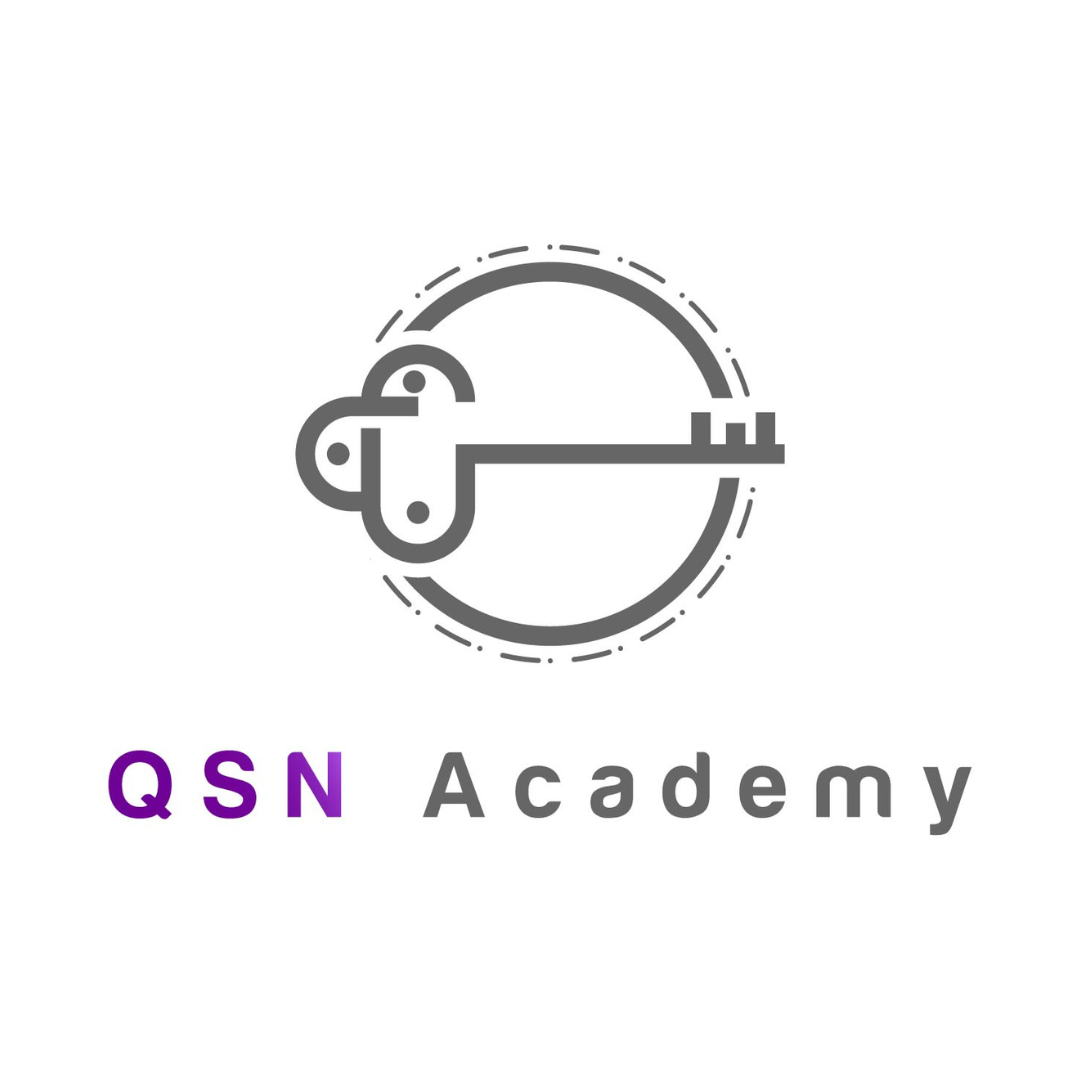
QSN is Now Offering Public Training Courses to Boost Your Regulatory Compliance Skills
As the global regulatory environment evolves, the demand for skilled professionals who understand Good Manufacturing Practice (GMP), quality management systems, and inspection preparedness continues to grow. To meet this need, Quality Systems Now (QSN) has expanded its services to include public training courses designed to strengthen regulatory compliance competencies across the pharmaceutical, biotechnology, and laboratory sectors.
These courses, developed and delivered by experienced industry professionals, provide practical, science-based education that bridges the gap between regulatory theory and real-world implementation. Whether participants are new to regulatory affairs or seasoned compliance managers, QSN’s structured training programs aim to enhance understanding, improve operational readiness, and foster a culture of continuous improvement.
The Growing Importance of Regulatory Competence
Therapeutic goods manufacturers, testing laboratories, and biotechnology companies operate in an environment defined by complex regulatory frameworks and high expectations for quality and transparency. Agencies such as Australia’s Therapeutic Goods Administration (TGA), the U.S. Food and Drug Administration (FDA), and the European Medicines Agency (EMA) enforce rigorous standards for manufacturing, testing, and documentation.
In this context, regulatory competence is critical at every level of an organisation. Staff must understand not only what the regulations require, but also how to interpret and apply them in a compliant and efficient manner. Insufficient training or misunderstanding of GMP principles can lead to non-compliance, product recalls, or even suspension of manufacturing licences. Conversely, companies that invest in staff development are better equipped to maintain consistent quality, respond to inspections, and adapt to regulatory changes.
QSN’s public training courses are specifically designed to build this competence. Each course translates regulatory requirements into clear, actionable knowledge—helping participants apply compliance principles to their daily operations with confidence.
What the Training Covers
QSN’s training curriculum reflects the needs of modern manufacturers, laboratories, and biotechnology companies. Course topics include:
Good Manufacturing Practice (GMP) Fundamentals: covering principles of production, quality control, documentation, and validation.
Quality Management Systems (QMS): exploring ISO 9001 and ISO 13485 frameworks and their integration with GMP.
Inspection Readiness: preparing facilities and teams for TGA, FDA, or ISO inspections, including how to handle observations and corrective actions.
Data Integrity and Documentation Control: focusing on maintaining accurate, traceable, and compliant records throughout the product lifecycle.
Risk Management and CAPA: developing proactive systems for identifying, mitigating, and correcting compliance risks.
Validation and Qualification: understanding equipment qualification, process validation, and analytical method validation requirements.
Each program combines structured lectures, real-world case studies, and interactive discussions to ensure both conceptual understanding and practical application. Participants gain not only regulatory insight but also the tools to implement improved compliance systems within their organisations.
Why Public Training Matters
While many organisations provide in-house training, public training courses offer distinct advantages. They bring together professionals from different sectors—manufacturers, laboratories, and research organisations—allowing for exchange of experiences and insights. This cross-sector learning environment encourages collaboration and innovation, helping participants benchmark their own practices against industry peers.
Public training also ensures accessibility. Smaller organisations, start-ups, and contract service providers often lack the resources to conduct internal training or hire full-time compliance educators. QSN’s courses fill this gap by providing cost-effective, high-quality training led by recognised experts in GMP and regulatory affairs.
Additionally, these public courses align with the growing emphasis on continuing professional development (CPD) in regulated industries. Participants can demonstrate ongoing competence to employers and regulators alike, strengthening their professional profiles and career progression.
The QSN Approach: Scientific Rigor and Practical Relevance
QSN’s training methodology is grounded in scientific accuracy and regulatory precision. As GMP and regulatory compliance specialists, the organisation’s trainers combine deep technical expertise with decades of experience across pharmaceutical manufacturing, laboratory testing, and quality assurance.
The training content is evidence-based, aligned with the latest international standards and guidance documents. This includes the PIC/S Guide to GMP, ICH Q-series guidelines, ISO standards, and key regulatory publications from authorities such as the TGA and FDA. By referencing these frameworks, QSN ensures that its training remains both scientifically robust and globally relevant.
Importantly, the programs are designed to be practical. Participants are encouraged to bring real-world challenges from their own workplaces, allowing QSN instructors to provide tailored insights. Through interactive problem-solving sessions, attendees learn how to apply GMP and quality principles to complex operational scenarios—bridging the gap between compliance theory and execution.
Benefits for Manufacturers, Laboratories, and Biotech Companies
For therapeutic goods manufacturers, QSN’s training enhances operational compliance, reduces inspection risk, and promotes consistent quality outcomes. A well-trained workforce is more adept at identifying deviations early, managing change control effectively, and maintaining robust documentation—all critical to sustaining GMP certification.
Testing laboratories benefit by reinforcing data integrity and analytical validation practices. Training ensures that laboratory personnel understand regulatory expectations for accuracy, traceability, and reproducibility of results—areas that are often the focus of TGA and FDA inspections.
For biotechnology companies, QSN’s courses are particularly valuable as they navigate rapid innovation cycles and complex regulatory pathways. Biotech firms developing cell therapies, biologics, or novel drug delivery systems must establish GMP-compliant facilities and documentation systems early in their development process. QSN’s training helps these organisations integrate regulatory thinking into their design and scale-up strategies.
Building a Culture of Compliance
Beyond technical knowledge, QSN’s training fosters a culture of quality and accountability. Compliance is not achieved through documentation alone; it depends on an organisation-wide commitment to doing things right the first time. By empowering employees with understanding and confidence, training transforms compliance from a reactive obligation into a proactive value system.
This cultural shift is essential in an era where regulatory authorities emphasise quality management maturity and patient-centric thinking. Companies that cultivate internal compliance leadership are better positioned to sustain growth, pass inspections, and adapt to evolving standards without disruption.
The Broader Impact of Training Initiatives
QSN’s introduction of public training courses aligns with broader trends in the global life sciences sector. Regulatory authorities increasingly recognise the role of education and knowledge-sharing in strengthening compliance across the industry. Collaborative initiatives between regulators, manufacturers, and quality experts are helping to harmonise standards and raise overall performance.
By providing structured, accessible, and scientifically grounded training, QSN contributes directly to this mission. The program helps close the skills gap that can hinder compliance and innovation in therapeutic goods manufacturing and testing. It also reinforces Australia’s reputation as a trusted hub for quality manufacturing and regulatory excellence.
Conclusion
The launch of QSN’s public training courses marks an important milestone in supporting Australia’s life sciences sector. Through rigorous, science-based education, these programs strengthen regulatory compliance skills, enhance inspection readiness, and promote a culture of quality across therapeutic goods manufacturers, testing laboratories, and biotechnology companies.
For organisations seeking to improve their GMP and regulatory performance, and for professionals aiming to expand their knowledge and credibility, QSN’s training represents an investment in excellence.
As the regulatory landscape continues to evolve, continuous learning will remain essential. With its commitment to accuracy, integrity, and practical relevance, Quality Systems Now stands ready to help the industry build capability, confidence, and compliance for the future.
